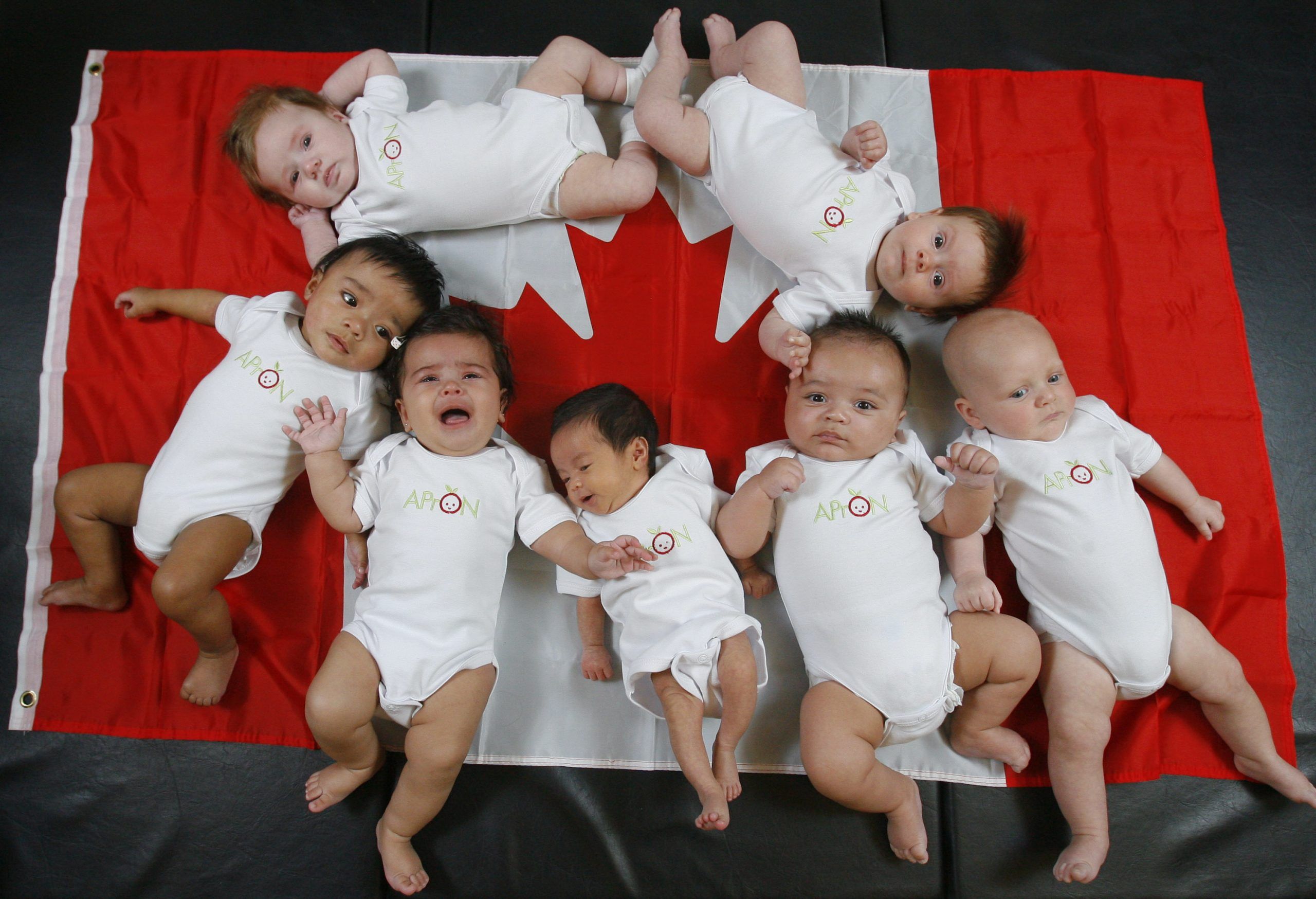Statistics Canada confirmed last week that 351,679 babies were born in 2022 — the lowest number of live births since 345,044 births were recorded in 2005.
The disparity is all the more notable given that Canada had just 32 million people in 2005, as compared to the 40 million it counted by the end of 2022. In 2005, it was already at historic lows for Canada to have a fertility rate of 1.57 births per woman. But given the 2022 figures, that fertility rate has now sunk to 1.33.
…
Of Canadians in their 20s, Statistics Canada found that 38 per cent of them “did not believe they could afford to have a child in the next three years” — with about that same number (32 per cent) saying they doubted they’d be able to find “suitable housing” in which to care for a baby.
…
A January survey by the Angus Reid Group asked women to list the ideal size of their family against its actual size, and concluded that the average Canadian woman reached the end of their childbearing years with 0.5 fewer children than they would have wanted
“In Canada, unlike many other countries, fertility rates and desires rise with income: richer Canadians have more children,” it read.



Literally every objective measure of our planet’s health? We are permanently changing the atmosphere, simultaneously causing a mass extinction event, and virtually every environmental preserve and tourist attraction is facing huge damage from overuse.
Every human being has a carbon cost, none of us are carbon negative or neutral, until we build systems that change that, every extra human we add is destroying our planet faster.
I mean if you’re concerned about the actual planet then don’t worry the Earth will survive with or without humans lol. If your concern is our survival as a species then that’s a different story.